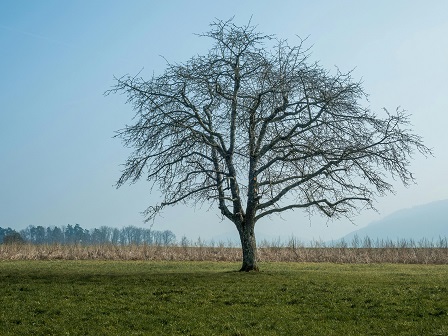The Silent Struggles of Widows in Our Communities
By Thembi Moyo
In many townships and communities, widows often remain invisible. Unless a woman lives a life of luxury or holds a public position, her story is rarely recognised. Yet behind closed doors, countless widows carry a heavy burden that society seldom sees.
The death of a husband is never expected. It can come after a long illness, or in an instant, without warning. Either way, nothing can prepare a woman for the moment she becomes a widow. The funeral days are a blur filled with relatives, neighbours, and visitors but when the last mourner leaves, silence takes over. A widow is left to face an unfamiliar reality with her children, her pain, and her unanswered questions.
For many, survival becomes the hardest part. If the late husband was the breadwinner, the widow is forced into a new role overnight: mother, father, provider, protector. She must be strong for her children, even when her own heart is breaking. Yet, as one widow in Hillbrow once said, “People surround you for a few days, but when the food is finished and the house is quiet, you realise you are truly alone.”
Financial pressure is only one side of the struggle. Widows also carry an emotional and mental weight that society often overlooks. Some face harmful stereotypes even cruel remarks like “Did you kill your husband?” which add shame to their grief. Others experience exploitation, as people take advantage of their vulnerability during a time when their minds are clouded with pain.
What makes the situation harder is the lack of consistent support. Communities rally during the funeral, but few follow up afterwards. Mental wellness, spiritual guidance, and ongoing practical help are rarely provided. Yet this is the moment when widows need it most. As one widow expressed, “Grief doesn’t end after the burial. That’s when it begins.”
Every widow’s story is different, but the struggles are similar: loneliness, poverty, raising children alone, and trying to remain strong in a world that expects them to “move on” too quickly. It is heartbreaking to see that while we celebrate weddings and baby showers with joy, we often turn away from widows who need community the most.
This gap calls for change. Families, neighbours, churches, and even government structures need to come together with compassion. Support should not only be financial sometimes a listening ear, a shared meal, or words of encouragement can be life-saving.
A widow from Alexandra summed it up beautifully: “I don’t need pity. I need people to stand with me until I can stand again.”
Widows are not looking for handouts they are looking for humanity. If as a society we can create awareness, break harmful stereotypes, and provide both emotional and practical support, then widows will not be forced to walk their painful journey alone.
Yet, even in their pain, many widows rise with resilience. They learn new skills, start small businesses, raise their children with strength, and rebuild their lives with quiet dignity. As one proverb reminds us, “She stood in the storm, and when the wind did not blow her way, she adjusted her sails.”
Widows are not just survivors of loss they are warriors of life. By honouring their strength and walking beside them, we help them turn grief into growth, and pain into purpose.




